![Outcry as African man allegedly stopped from honouring late Pope Francis [Video]](https://sportal365images.com/process/smp-images-production/pulse.com.gh/25042025/8042c093-8dc7-4701-ad2a-b05f9e838d0d.png)
An alleged incident involving an African man being denied the opportunity to bid farewell to the late Pope Francis has ignited widespread debate on social media.
The situation has prompted critical conversations about racial equality within the Catholic Church and renewed discussions around the possibility of a Black pope.
While the full details are still emerging, reports suggest that the man was turned away while attempting to pay his last respects to Pope Francis.
He was reportedly informed that worship services had been abruptly suspended at the time, even though others were still being granted access.
The incident has drawn attention to the growing population of Catholics in Africa and raised questions about representation within the leadership of the Church.
Many users online have expressed concern over what they perceive as discriminatory treatment, fueling a broader conversation about inclusivity in global religious institutions.
The prospect of a Black pope, a topic that has surfaced periodically over the years, has once again gained traction in light of Africa’s rapidly expanding Catholic community.
With the continent accounting for a significant share of the Church’s growth, advocates argue that its leadership should increasingly reflect its diverse and global following.
Africans are denied access to go bid the Pope farewell???????????? pic.twitter.com/bndYLKeT0M
— VDM (@thatverydarkma1) April 23, 2025
How a new pope will be elected
Following the death of a pope, the Vatican observes a nine-day mourning period known as the novendiales.
The process of electing a new pope, called the conclave, begins 15 to 20 days later and is led by the camerlengo.
Cardinals under the age of 80—up to 120 in total—are eligible to vote, with many of the current electors appointed by Pope Francis, reflecting more progressive views.
Before voting, cardinals attend preparatory meetings and a Mass for guidance.
Voting takes place in the Sistine Chapel under strict secrecy, requiring a two-thirds majority. If voting is inconclusive, a runoff between the top two candidates occurs.
The public is notified of the outcome via smoke signals—white for a new pope, black for no decision.
Once a candidate accepts the role, he chooses a papal name and is introduced from St Peter’s Basilica with the proclamation Habemus Papam—“We have a Pope.”
Read Full Story
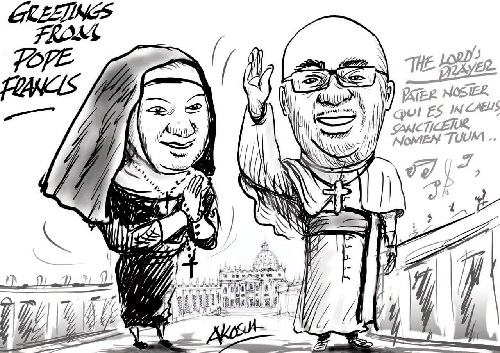

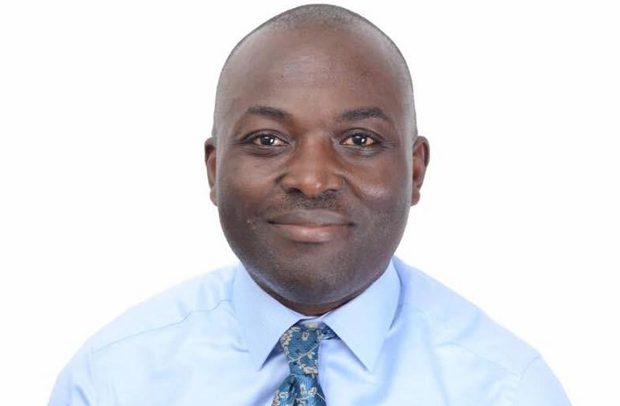


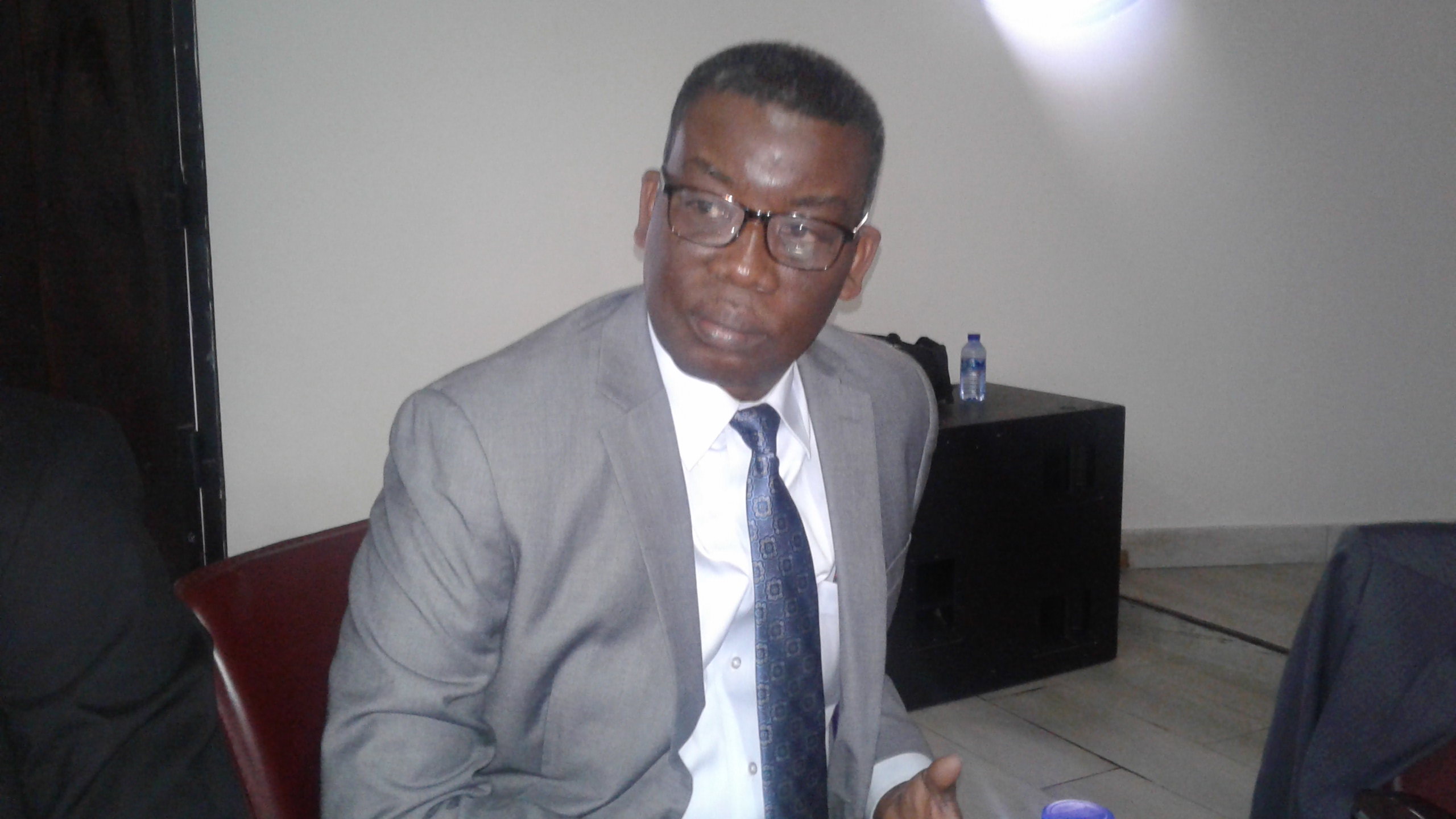
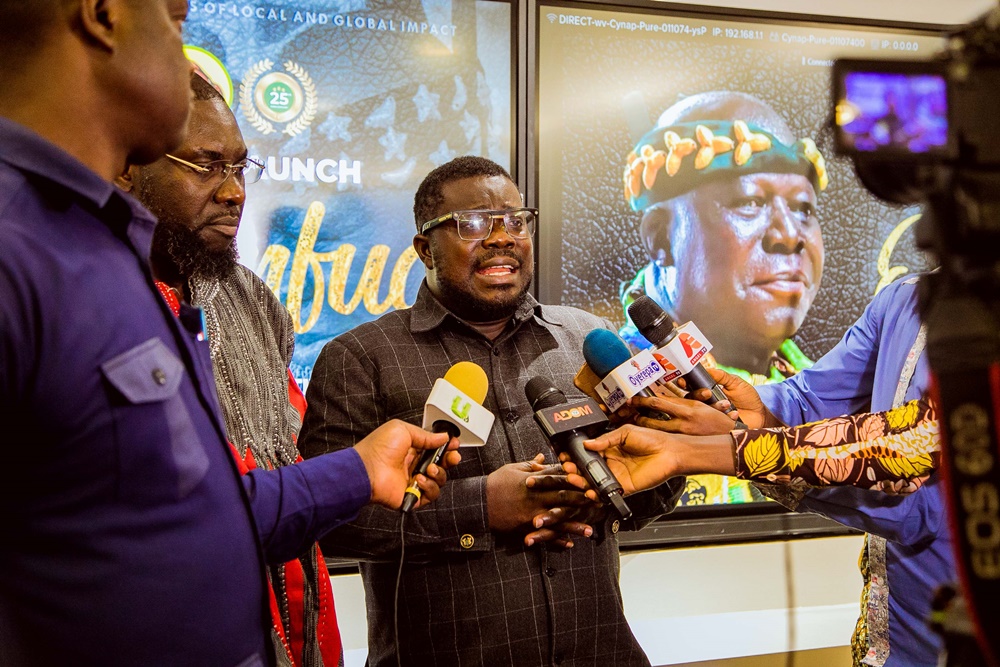




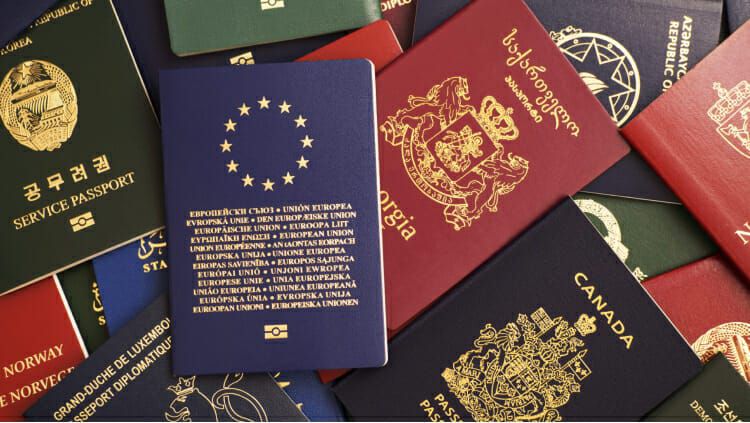

Facebook
Twitter
Pinterest
Instagram
Google+
YouTube
LinkedIn
RSS